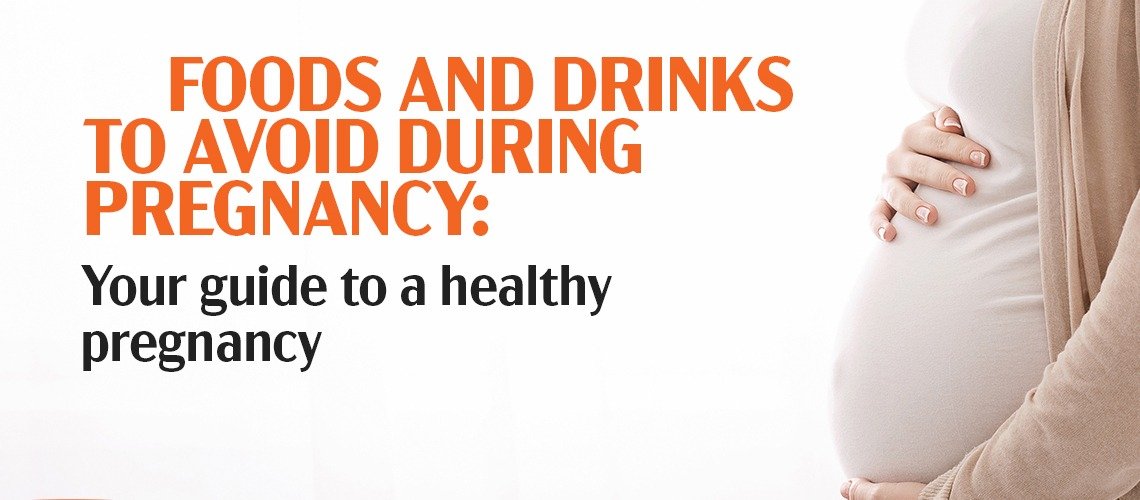Food and Drinks to avoid during Pregnancy
During pregnancy, it’s crucial to be mindful of Food and Drinks to avoid during Pregnancy to protect both your health and your baby’s well-being. Here’s a comprehensive list of foods to avoid during pregnancy and the reasons behind it.
Firstly, raw or undercooked meat, seafood, and poultry pose significant risks due to potential contamination with harmful bacteria such as Toxoplasma, E. coli, Salmonella, and Campylobacter. Thoroughly cooking all meats and considering freezing them beforehand can help mitigate these risks.
Similarly, runny or undercooked eggs should be avoided as they can carry Salmonella bacteria, which is particularly hazardous during pregnancy. It’s essential to cook eggs until the yolks are firm and to opt for pasteurized egg products in dishes containing raw eggs.
Deli meats and prepared salads can be contaminated with Listeria, especially when refrigerated. It’s advisable to heat these items until steaming hot before consumption and to avoid deli meats, dry sausages, and smoked or pickled fish unless thoroughly cooked.
Certain fish varieties like king mackerel and marlin contain elevated levels of mercury, which can be detrimental to your baby’s development. Choosing low-mercury alternatives like salmon and shrimp can help minimize these risks.
Some more Food and Drinks to avoid during Pregnancy
Raw milk and soft cheeses made from unpasteurized milk may harbor bacteria like Campylobacter and Listeria, leading to infections. Opting for pasteurized options can help reduce these risks.
Bacteria thrive in warm food, so it’s crucial to promptly refrigerate perishable items and discard any food that has been sitting out for extended periods to prevent foodborne illnesses.
Raw sprouts can contain harmful bacteria such as Listeria and E. coli, making them unsafe for consumption during pregnancy. It’s best to avoid raw varieties like alfalfa, clover, radish, and mung bean sprouts.
Thoroughly washing fruits and vegetables is essential to eliminate bacteria and reduce the risk of foodborne illnesses. Additionally, it’s advisable to avoid bruised produce, as they can harbor mold and bacteria.
Consumption of alcohol during pregnancy can lead to fetal alcohol spectrum disorders and other complications, so it’s best to abstain entirely during this time.
Unpasteurized juice may contain harmful bacteria, so opting for pasteurized options or preparing juice at home using properly washed produce is recommended to ensure safety.
Lastly, high caffeine intake has been associated with adverse pregnancy outcomes like preterm birth and low birth weight. Limiting caffeine consumption is essential to promote a healthy pregnancy.
By adhering to these dietary guidelines and practicing food safety measures, you can contribute to a healthy pregnancy journey for both you and your baby.

